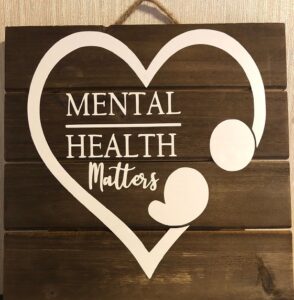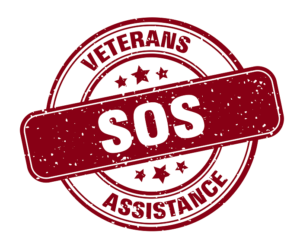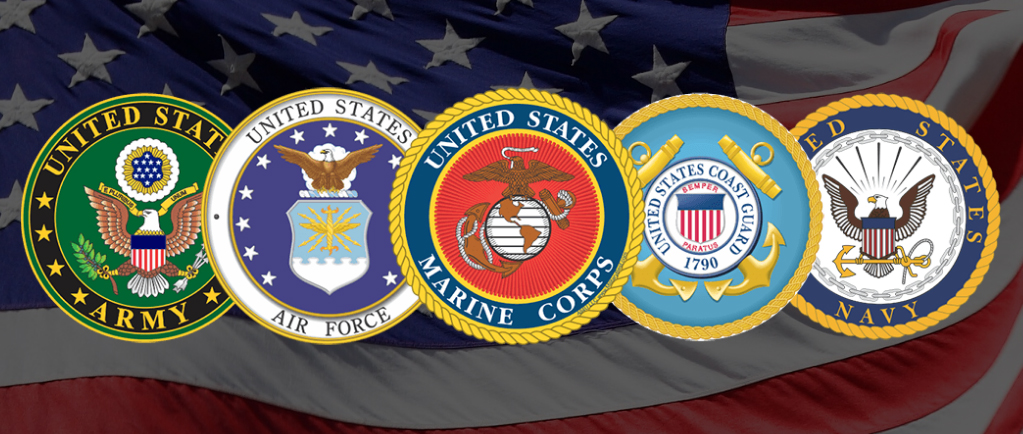Be good to yourself. You matter.

The following information is being provided by Jacob Ryan Tabb Tutor. He can be reached through his facebook page:
https://www.facebook.com/groups/veterans4veteranstransitioning
Transitioning and Mental Health (Video)
Six steps that veterans can take to help with mental health during their transition to civilian life:.
- 1. Recognize the signs of mental health issues: Be aware of the signs and symptoms of mental health issues, such as depression, anxiety, and PTSD. Understanding these issues and recognizing when they arise can help you get the support you need. I will include some websites at the bottom if you want to check them out for resources to help you with recognizing signs of mental health issues.
- 2. Connect with a VA healthcare provider: Contact your local VA healthcare provider for an evaluation. The VA has specialized programs for veterans and can provide therapy, medication and other forms of treatment.
- 3. Use mental health resources: Take advantage of the mental health resources available through veterans service organizations and other non-profit organizations.
- 4. Talk to a therapist: Consider seeing a therapist or counselor who specializes in treating veterans. They can provide support, guidance, and tools for coping with the unique challenges of transitioning to civilian life.
- 5. Seek support from friends and family: Share your thoughts, feelings and concerns with your family and friends. They may be able to provide support and understanding. You may find yourself feeling like your friends and family don’t or won’t understand. They can still provide support and there are many ways they can be included in your journey so they can start seeing the whole problem. My wife has gone through therapy sessions with me and even gone to see the therapist without me to ask questions on how best to help.
- 6. Practice self-care: Engage in activities that promote physical and emotional well-being, such as exercise, meditation, yoga, and hobbies. Taking care of yourself can help you cope with stress and improve your overall mental health. I’ll also provide some links below with information on this. I can tell you for me, I wanted to figure out these things myself. So I just picked something I wanted to do, weight lift. I never really got into it before but was willing to give it a shot. So I looked up some simple dumbbell workouts I could try on my lunch break. I also know myself and know I need alone/quiet time. So for me I will leave my house an hour early to work to spend some time alone. Sometimes I walk, sometimes I play on my phone but I do something by myself that I enjoy. This will help you clear your head and prepare you for your day. Maybe you’re in a place where you can’t be alone or your a extroverted person, like my wife. She works out with her friends or me. Or they go for a walk and coffee. I feel that will come down to who you are and what you like. Set down and schedule at least 15 minutes for mental health daily.
Website resources for the VA and mental health signs:
Veterans Affairs (VA): The VA provides a wide range of services and resources for veterans, including mental health services. Their website, www.va.gov, provides information on benefits, healthcare, and other resources for veterans.
National Center for PTSD: The National Center for PTSD is a research and education center run by the VA. Their website, www.ptsd.va.gov, provides information on PTSD, including causes, symptoms, and treatments.
Make the Connection: This is a website that provides veterans, their families and friends with information, resources, and stories of hope to support them in their journey of recovering from mental health conditions.
Give an Hour: This is a non-profit organization that provides free mental health services to veterans, service members, and their families. Their website, www.giveanhour.org, provides information on how to access these services.
Iraq and Afghanistan Veterans of America (IAVA) : IAVA is the nation’s first and largest nonprofit, nonpartisan organization for veterans of the Iraq and Afghanistan wars. Their website, www.iava.org, provides information on mental health resources, including counseling and therapy.
Website resources for Practice self-care:
Headspace: This website offers guided meditations and mindfulness exercises for veterans, including a special collection of meditations for veterans dealing with PTSD. You can find it at https://www.headspace.com/veterans
Move United: This website offers a wide range of adaptive sports and recreational activities for veterans, including skiing, cycling, and rock climbing. It can be found at https://www.moveunited.org/
Warrior Care Network: This website offers a variety of self-care resources for veterans, including yoga, tai chi, and art therapy. You can find it at https://www.warriorcarenetwork.org/
Veterans Affairs (VA) National Center for PTSD: This website provides a self-help toolkit for veterans dealing with PTSD, including exercises for relaxation, coping, and mindfulness. You can find it at https://www.ptsd.va.gov/public/treatment/self-help/index.asp

